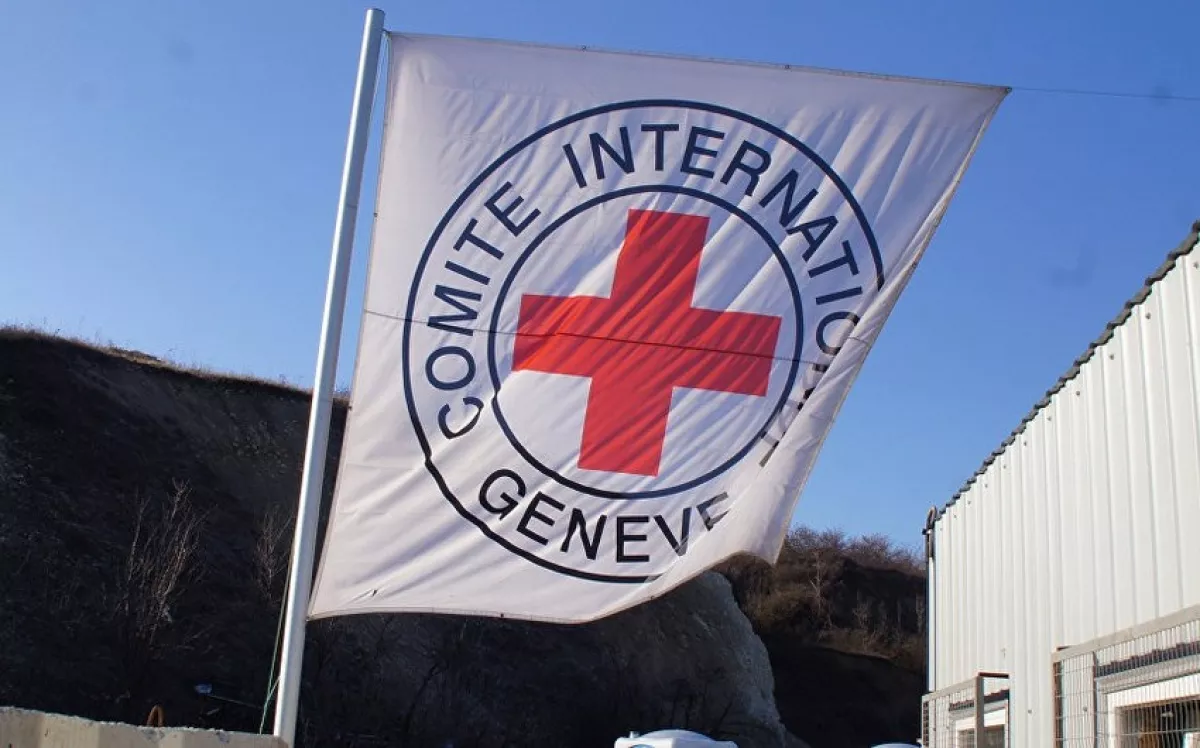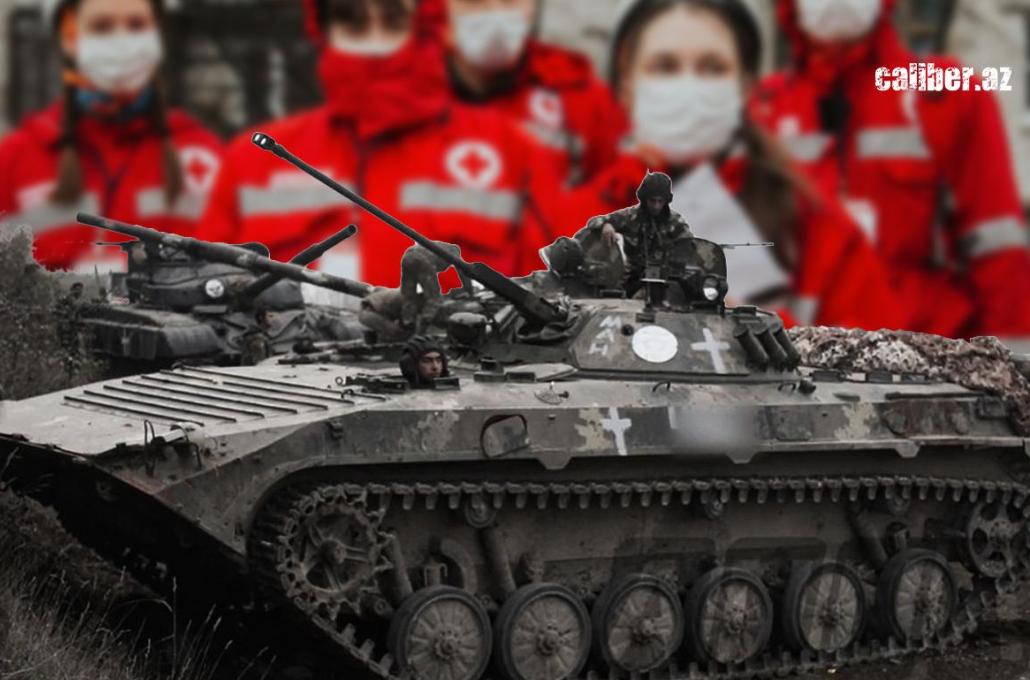Pure intentions and murky schemes Will the ICRC return to its ideals
Today marks an interesting date. One hundred and sixty-two years ago, on 29 October 1863, a conference was held in Geneva where the International Red Cross was founded — later to be known as the International Committee of the Red Cross (ICRC). By August 1864, its members had already persuaded several governments to adopt the original text of the first Geneva Convention. This treaty obliged the armies of the contracting states to care for wounded soldiers, regardless of which side they belonged to.
One of the founders and the main initiator of the organisation was Henry Dunant of Geneva, who a year earlier had published a book titled A Memory of Solferino, calling for better care for wounded soldiers during wars.
Initially, the ICRC acted as a coordinator, but over time it began to play a more active role in humanitarian operations on the ground, as the need for a neutral intermediary between warring parties became increasingly evident.

Over the following hundred years, the ICRC helped develop a network of national committees and expanded its operations to an impressive scale. While the organisation was initially established to provide humanitarian aid to victims of armed conflicts, its activities later extended into other areas: mediating in conflict situations, tracing missing persons and reuniting families, assisting in the training of medical personnel for humanitarian missions, developing norms of international humanitarian law, and more.
In short, the Red Cross became something of a symbol of compassion. But was it truly so? To some extent, yes — but not entirely.
“The International Committee of the Red Cross is an impartial, neutral and independent organization whose exclusively humanitarian mission is to protect the lives and dignity of victims of armed conflict and other situations of violence and to provide them with assistance,” reads the opening lines of the organisation’s charter preamble.
It must be noted from the outset that the organisation has not always been neutral, nor has it consistently provided humanitarian aid and protection to those in need. Let us begin with the latter. A textbook example of the ICRC’s weakness — or rather, its moral failure — was its effective complicity with the Nazis during the Second World War, when the organisation participated in the farce surrounding the so-called “model” concentration camp of Theresienstadt.
As for neutrality — or the lack thereof — one of the most glaring examples concerns the organisation’s activities in Azerbaijan, within the Karabakh conflict zone. Our website has written extensively on this issue, so there is no need to revisit every grievance Azerbaijan has expressed against the ICRC. Let us recall just one. The ICRC office in Khankendi operated for a long time without official coordination with Baku and, moreover, was subordinated to the delegation in Yerevan rather than the Azerbaijani capital. This stands as a striking example of the organisation’s violation of its own principle of neutrality. The ICRC’s behaviour became even more egregious after Azerbaijan restored its territorial integrity in the autumn of 2020.

All that, however, is now in the past. According to a decision by the Government of Azerbaijan, the International Committee of the Red Cross closed its office in the country on September 3, 2025.
It must be emphasised that the ICRC has done much around the world to alleviate the suffering of victims of armed conflicts. Yet in Azerbaijan, due to the prevailing atmosphere of Turkophobia and Islamophobia within the international establishment, the Red Cross behaved arrogantly and with hostility. It can be stated that the organisation itself did everything possible to discredit its own reputation in Azerbaijan. One can only hope that the Azerbaijani experience will serve as a valuable lesson for the ICRC — a reminder of how not to take sides in a conflict and, in short, how to uphold its own charter.








